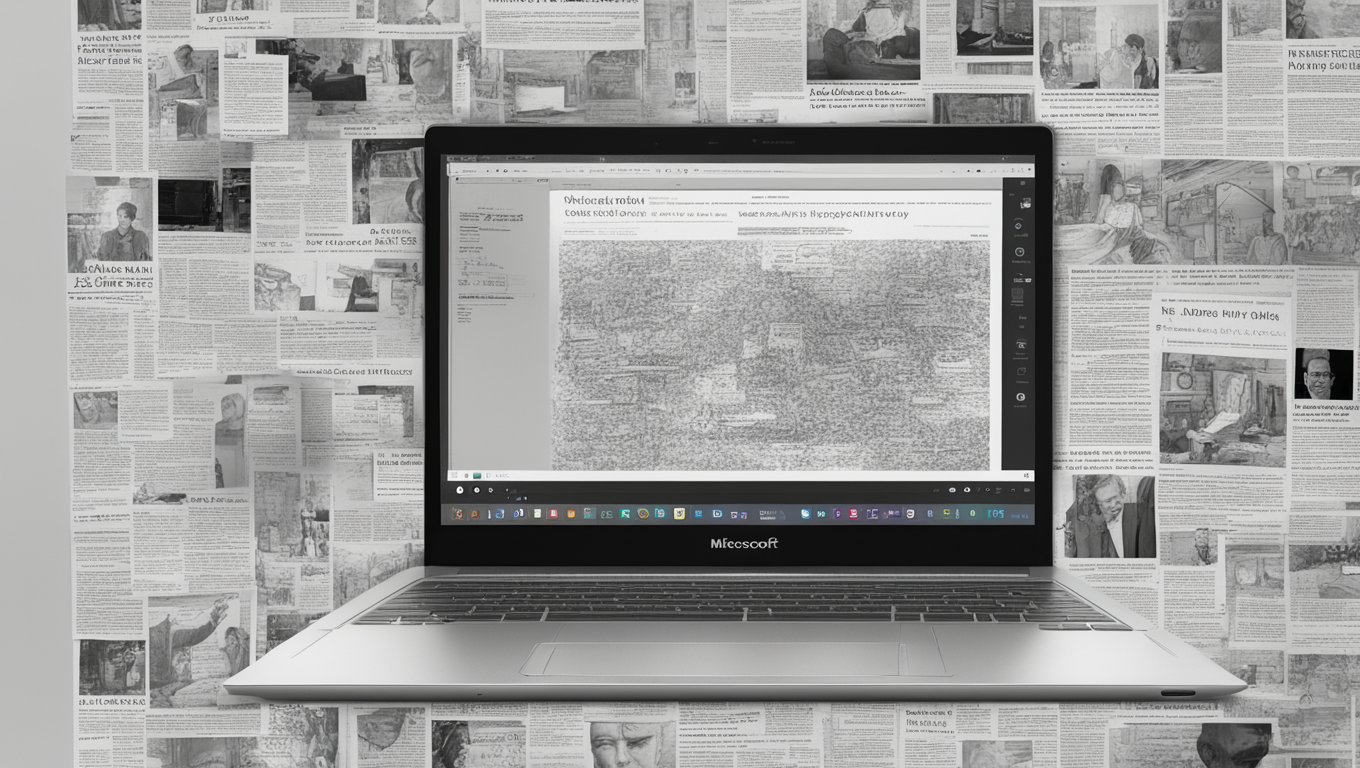In a recent announcement, Microsoft revealed its plans to collaborate with news organizations in the adoption of “generative” artificial intelligence (AI). While the tech giant claims this move is intended to foster a “healthy information ecosystem,” critics are concerned about the potential for political bias and media manipulation. With the 2024 election on the horizon, these concerns have only amplified.
As billionaire Bill Gates, the founder of Microsoft, steers the company towards the field of journalism, some worry that he may use the powerful platform to advance his own left-leaning political positions or financial interests. The growing alliance between Big Tech and journalism has sparked skepticism and skepticism is warranted. According to tech expert Jake Denton of The Heritage Foundation’s Tech Policy Center, there are valid reasons to be cautious. Denton highlights the potential impact of those “recycled coders” who have previously been entrusted with designing trust and safety layers for platforms like Twitter and Facebook. With this new AI technology at their disposal, their influence could be exponentially greater.
The concern lies in the bias that may be embedded within the AI model. Denton explains that a “trust and safety layer” is pre-programmed into the model, filtering and limiting acceptable outputs for users. While Microsoft presents itself as an unbiased entity, in reality, it could assert editorial review and discretion through this tool. Denton suggests that the potential bias can be mitigated by individual media organizations through thorough editing processes. However, the downstream effect on what we read and watch is inevitable.
One area of concern is Bill Gates' involvement in the synthetic meat industry, as he is an investor in Upside Foods. Gates has advocated for a shift away from traditional meat consumption due to its impact on climate change. With this in mind, critics question whether his personal beliefs will permeate the AI technology and influence news coverage. Similarly, Gates' promotion of the COVID-19 vaccine raises questions about objectivity and potential bias.
These concerns about media manipulation in the electoral process are not unfounded. The revelation that major news organizations selectively curated information leading up to the 2020 presidential election, including the origins of Hunter Biden’s laptop, has left a sense of mistrust among the public. While AI may be presented as an unbiased way to increase revenue and productivity in newsrooms, Denton suggests that the beliefs of its creators are likely “baked into” the program, rendering the claim of neutrality questionable.
In a climate where trust in news organizations and tech giants is eroding, the integration of AI in journalism adds another layer of complexity and concern. The potential for political bias and media manipulation is a valid fear, particularly as the 2024 election approaches. As Denton aptly puts it, “None of us trust any of these organizations. How are we supposed to now trust them with these AI tools and expect a different result this time?” The future of AI in journalism raises crucial questions about transparency, accountability, and the preservation of objective reporting.





Use the share button below if you liked it.